Over the last few weeks, several major US tech firms announced plans to invest billions into British data
centres and AI infrastructure. For the UK government, these investments were hailed as a sign of confidence
in British tech. But they also raise an important question that applies just as much to Gibraltar as it does to the
UK: are we building our own future, or relying too heavily on others to shape it for us?
Historically, the UK has long experimented with AI and tech research. Its universities are among the best in the
world. Its contributions to the field, spanning from foundational theory to applied machine learning, are
significant. But when it comes to commercialising innovation and owning the full AI stack, the UK is
increasingly leaning on infrastructure, models and platforms developed elsewhere.
According to the UK Government’s AI Regulation White Paper (2023), over 60% of firms using AI rely on third-
party software and cloud tools, most of which were developed outside the UK. The Turing Institute (2024)
reports that only one in ten tech scaleups in the UK has access to the high-end compute needed to train and
refine its own large models. These numbers paint a clear picture: the UK excels in ideas, but struggles with
execution at scale.
This is where the distinction between being a taker or a maker matters. Makers build the tools. Takers use
them. Makers set the direction of travel. Takers adapt to it. And while the UK still has a chance to strengthen
its position as a maker, the window is narrowing.
So what does this mean for Gibraltar?
We are, of course, part of the UK, but we have an edge. We are smaller, more agile, and operate with a
different set of opportunities and constraints. And while we often look to the UK, especially in matters of
regulation and global alignment, we also have the chance to chart our own course.
In Gibraltar, we have tended to follow the global market rather than shape it. We adopt technology once it is
mainstream. We implement platforms once they have been validated elsewhere. That is understandable, but it
is also limiting.
The truth is, we can break the mould. AI has changed the rules. You no longer need a massive in-house team
or a billion-pound investment to build meaningful tools. What you do need is clarity, data, and a culture that
supports innovation. At Artimus, we have been building intelligent systems long before ChatGPT became part
of everyday vocabulary. We help organisations create their own toolsones that solve their specific problems, in
their own language, with their own data. This kind of work is not only possible in Gibraltar, it is essential.
Gibraltar has several natural advantages: a stable economy, close regulatory oversight and a community that
is compact enough to trial and scale new technologies quickly. We could be leading the way in testing AI for
financial services, public administration, logistics, healthcare and more.
There are promising signs. It is beginning to invest in the right kind of talent. The Digital Skills Academy is one
such example. It offers courses in areas like cybersecurity, cloud infrastructure and digital tools, helping to
prepare a new generation for the demands of modern tech careers. But we need to think bigger. But we need
to think bigger.
We need a public commitment to supporting innovation. That means early-stage investment, testbed
programmes, collaboration between policymakers and technologists, and a willingness to experiment if not
every idea works. Above all, we need to shift from a mindset of cautious adoption to one of confident creation.
That is why Artimus is proud to sponsor the upcoming Gib London event. It is more than just a networking
opportunity. It is a chance for Gibraltar’s tech community to engage directly with innovators, founders and
investors who are shaping the future elsewhere. If we want to put Gibraltar on the map as a maker, not just a
market, this is where it starts.
AI is not a passing trend. It is the next infrastructure. Just as roads and electricity once defined national
capability, I believe AI will define our future economy and services. The question is not whether we will use it,
but whether we will help build it.
Gibraltar has a rare opportunity. We can continue to import innovation, or we can invest in our own. We can
stay reactive, or we can get ahead. The choice is ours. And the time to choose is now.
